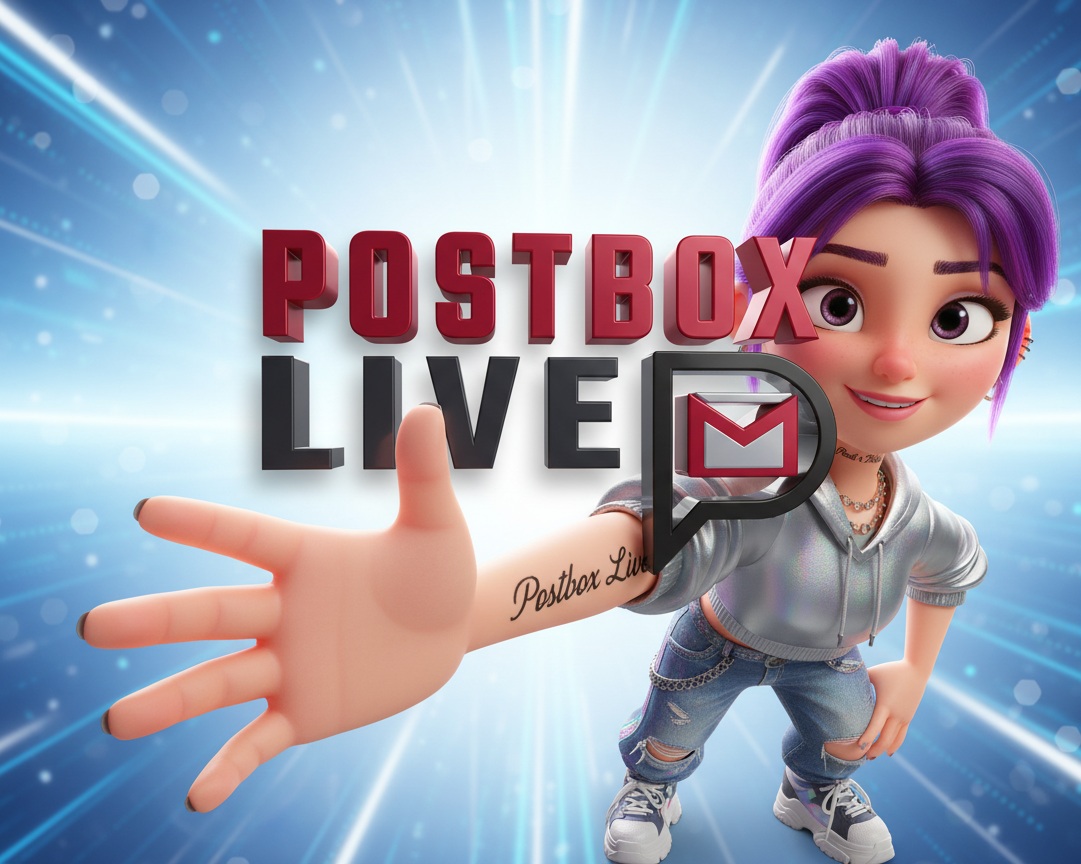Guy “Outsources” AI to
Manage His Memory
Discover how tech writer Shubham Agarwal outsourced his memory to an AI tool, and the implications it could have on our biological memory and digital dependence.
When AI Becomes Your Second Brain
Technology writer Shubham Agarwal found himself constantly searching for articles he had already read. In his words, “Frequently during the day, I find myself Googling articles I read only a few hours ago because I can’t remember more than a few keywords.”
This habit wasn’t just frustrating; it highlighted a deeper issue. The way we consume content online, especially with screen reading and fast scrolling, has taken a toll on our natural ability to remember. Determined to fix this, Agarwal decided to try something radical: he outsourced his memory to an AI-powered browser extension called Heyday.
What Is Heyday and How Does It Work?
Heyday isn’t your average browser extension. Unlike typical history logs that just list sites you’ve visited, Heyday actively scans everything you do in your browser. This includes:
-
Documents
-
Emails
-
Presentations
-
Newsletters
-
Tweets
-
Notes and more
It then organizes this information and resurfaces it when relevant. For instance, when you’re Googling a topic, Heyday brings back what you’ve already read or interacted with, no manual tagging required. Over time, it learns and becomes more accurate in predicting what information you’ll need.
Impressively, all of this data is encrypted, according to the company.
Does AI Help or Harm Memory?
At first, Agarwal found Heyday incredibly helpful. For three weeks, it became his second brain. It jogged his memory, reminded him of past reads, and filled in the blanks during his online research.
However, there was a catch.
He began to notice something unsettling: the more he relied on Heyday, the less he needed to remember things himself. This led him to a key concern: was he weakening his biological memory?
As Agarwal noted, “Using a memory tool like this has the potential to make your biological memory worse over time.” It’s a classic case of digital convenience vs. cognitive atrophy.
A Broader Trend of Memory Outsourcing
Tools like Heyday aren’t alone. From Apple’s Siri to Amazon’s Alexa, digital assistants are becoming more involved in how we remember tasks, find information, and plan our days. We already use:
-
To-do apps
-
Smart calendars
-
Reminder notifications
-
AI-enhanced email assistants
Even physical sticky notes and notebooks are now being replaced with smart devices. Technology has taken over many of our memory-related tasks.
But is this shift harmless?
Expert Insights: Are We Sacrificing Human Memory?
To understand the long-term impact of AI on memory, Agarwal spoke to Andrew Dillon, a professor of information and psychology at the University of Texas. Dillon explained that our capacity to process information is naturally limited, and every time we take in new data, there’s a trade-off between comprehension, time, and memory.
He raised an important point: when you don’t make an effort to remember something, your brain doesn’t encode it deeply.
Dillon cautioned, “If you can access a poem whenever you want, why memorize it by heart? If Alexa can solve your math problems, what’s the point of memorizing times tables?”
The Risk of Cognitive Decline
Although Heyday’s CEO, Samiur Rahman, claims the app boosts creativity by freeing users from memory-related tasks, Dillon warned that this shift may weaken mental sharpness over time. Just like physical exercise is needed to keep the body healthy, mental effort is required to keep the brain in shape.
By offloading even basic memory functions to machines, we might be training our brains to forget more easily.
The more we depend on reminders, prompts, and smart AI tools, the less we rely on internal recall, potentially reducing our memory strength in the long run.
Final Thoughts: A Digital Dilemma
Agarwal’s experiment raises an essential question about the human mind in a tech-driven world: Should we embrace AI as our memory partner, or draw the line to protect our cognitive skills?
AI tools like Heyday are undeniably powerful. They help us process more information, stay organized, and reduce mental fatigue. However, they also introduce risks we cannot ignore. Memory is more than a storage tool; it’s deeply tied to identity, intelligence, and creativity.
If we fully outsource it, what do we lose in the process?
Summary: Key Takeaways
| Topic | Insight |
|---|---|
| AI memory assistants | Heyday resurfaces past content using AI with no input needed |
| User experience | Effective in the short term, but could reduce natural memory |
| Expert warning | Memory needs practice—outsourcing weakens it |
| Broader impact | Overdependence on tech can affect human cognition |
#AIMemory, #TechAndMemory, #DigitalDependence, #CognitiveHealth, #AIinLife, #HeydayApp, #OutsourcingMemory, #HumanVsMachine, #Neuroplasticity, #SmartTechRisks,

